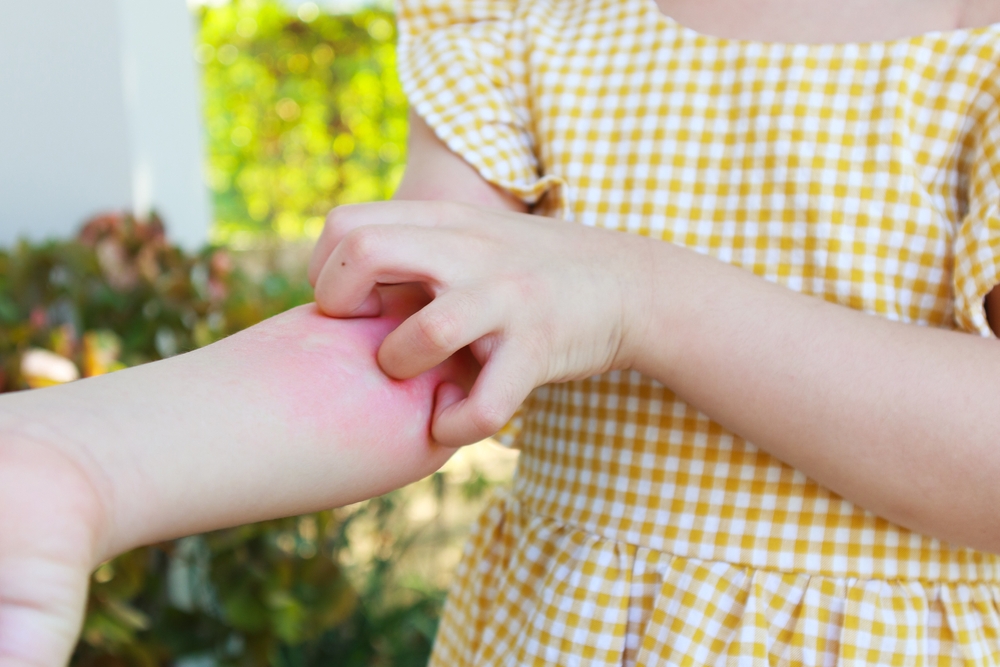
Summer Sandals: A Comprehensive Guide
Written by: Fong Wai Kwan, Registered Physiotherapist During the summer, many people turn to sandals to keep their feet cool and airy, relieving the stifling heat. While sandals have become a summer essential for both mothers and children, parents need to be mindful of the factors to consider when choosing the right pair. By keeping the following tips in mind, you can ensure your loved ones wear comfortable and healthy sandals! Full-coverage sandals distribute plantar pressure evenly Since children’s feet are still developing, extra care is needed when choosing sandals. For children under around 4 years old, whose heels have not yet fully developed, it is recommended to choose sandals designed for young children, with a mid-height design and a firmer heel cup to better stabilize the hindfoot and effectively protect the heel. Moreover, parents can choose a pair of “full-coverage sandals” for their children, as they utilize “pressure distribution technology” to evenly distribute plantar pressure, making the children feel extra comfortable. The special “toe bone groove” design helps stabilize the forefoot during walking, and the gentle “arch support” effectively supports the arch to prevent excessive pressure and fatigue. The “heel cup design” increases the contact area of the heel, allowing the back of the shoe to fit snugly against the feet, thereby evenly distributing the plantar pressure and effectively relieving the symptoms of flat feet. Children can thus wear them comfortably and healthily! “Toe Bone Groove” design reduces callus formation In addition to considering children’s










